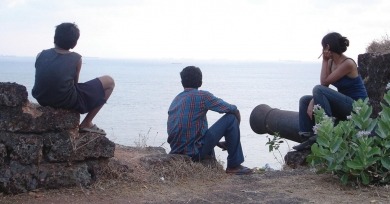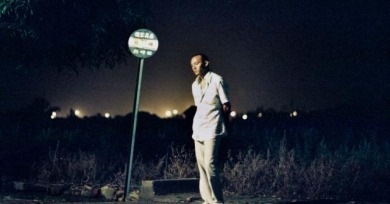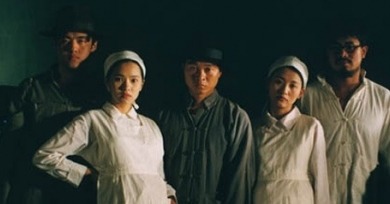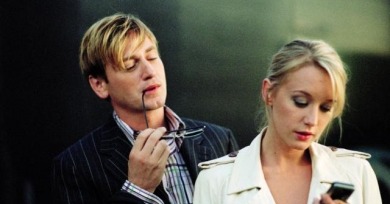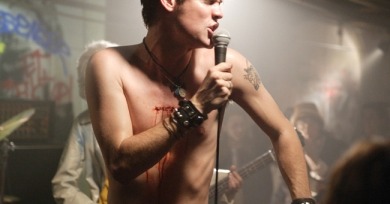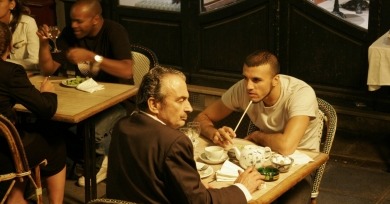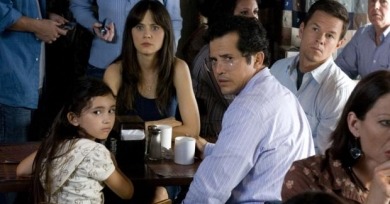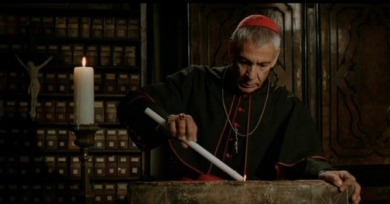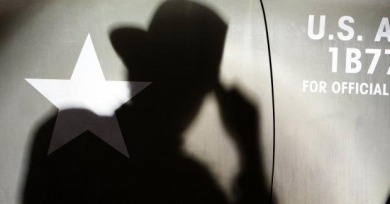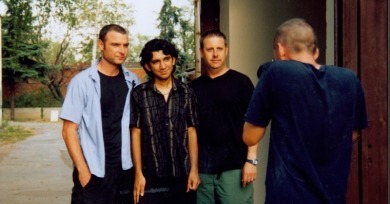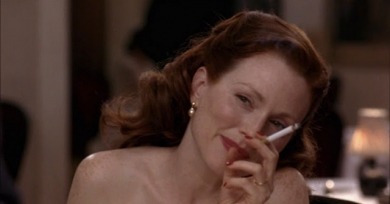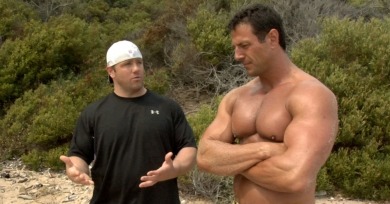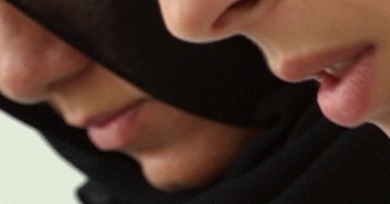Michael Koresky
The value of a film like Chris Smith's The Pool becomes more tangible when you begin to imagine what a lesser filmmaker might have wrought from the same material.
It’s become a cliché to say that a film floats, that it exists in reverie, yet Flight of the Red Balloon may come closer to embodying an earthbound heavenly state than any film I’ve seen.
Hou has made films that wrestle, variously, and either directly or metaphorically, with personal and national histories, the struggles between Taiwan and Chinese nationalism, the encroachment of capital on an ever-evolving way of life, and the legacy of cinema itself.
Overused words like rapturous and hypnotic certainly apply to Hou’s technique here, even as the film jumps between eras and political realities, yet there’s something so much greater and more challenging going on in Three Times than aesthetic control.
In 1995’s Good Men, Good Women, Hou seems to want to make historical consequence even more tenuous; here, he’s engaging in what seems initially to be at-arm’s-length meta-commentary.
Claude Chabrol again goes about dissecting the vanities and hypocrisies of the rich and/or famous with A Girl Cut in Two, the latest of his nearly annual socially satiric potboilers.
Allen’s seemingly unavoidable need to narratively underline extends to his choice of overlaying Vicky Cristina Barcelona with an omniscient male voice-over, which lends the film the emotional clarity of short fiction but also a nattering, collegiate stuntedness.
The world certainly isn’t wanting for hagiographies of seventies punk-rock trailblazers, but rarely has one felt as inauthentic as Rodger Grossman’s feature debut .
A refreshingly high-concept low-budget outing, the Duplass Brothers’ Baghead is an immensely likeable and surprisingly well-executed genre hybrid.
One of Man on Wire’s not inconsiderable achievements is that it encourages appreciation of the towers as architecture rather than as mere death monuments.
The catchwords for Before I Forget would seem to be direct, intimate, unsparing; yet, conversely, it also feels cavernous and, in its seeming brutal frankness, slippery and elusive.
Each of M. Night Shyamalan’s studio films thus far have employed, or even exploited, genre scenarios to similar ends—to question the unknown, to collapse boundaries between well-trod fantasy tropes and untranslatable spirituality, and ultimately, to preach the importance of human connection in the face of trauma or even tragedy.
If only someone would make a fictional gay romance that had as much feeling and depth as Tina Mascara and Guido Santi’s Chris & Don: A Love Story.
Take away Argento’s undeniable craft, and what would you really be left with? The answer is Mother of Tears.
At any given moment, Operation Filmmaker feels both refreshingly linear and enthrallingly multilayered: the subject, like the film, is difficult, charismatic, maddening, repellent, and sympathetic all at once.
Savage Grace is such a jarring, atonal experience that it doesn’t much help to try and put definitions on it; that might be the point—“perversity,” “incest,” “matricide,” all become mere buzzwords, unrelated incidentals in a vast interiorized conspiracy of psychological damage
Falling somewhere between a specific personal essay and a more vaguely targeted social commentary, Bell’s documentary, a freeform exposé of steroid use in the U.S., is, somewhat inevitably, a product of narcissism and insecurity.
As a document of testimonials from those who otherwise dare not speak, and for whom being gay is like being born, inextricably, into the lowest possible caste, A Jihad for Love is invaluable.
Though the film perhaps tries a mite too hard to ingratiate itself to the viewer (rarely does it leave an emotion not underlined), its rhythms are well matched to its two main characters’ restless pursuits for niche fame and artistic fulfillment.
